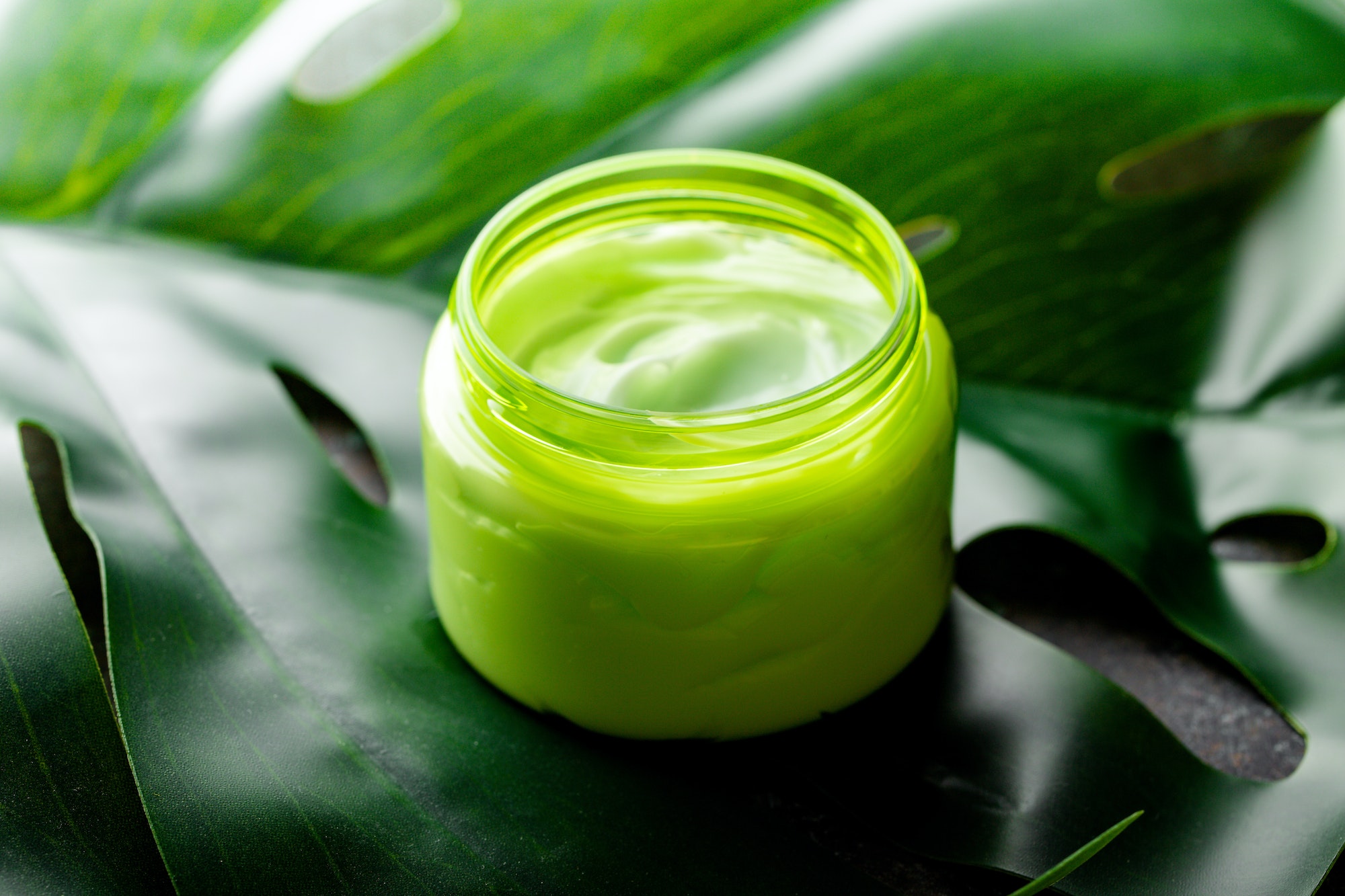Algae, the versatile and renewable resource found in the oceans, have been used for various purposes such as food, biofuel, and fertilizers. In recent years, there has been a significant increase in research and development of algae-based cosmetic products due to their numerous benefits and potential applications. This article will discuss the future prospects and research directions of algae-based cosmetics and how they can revolutionize the beauty industry.
One of the primary reasons for the growing interest in algae-based cosmetics is their rich composition of bioactive compounds. Algae contain essential amino acids, vitamins, minerals, and antioxidants that can provide numerous benefits for skin health. For example, some species of algae are known to have anti-inflammatory, anti-aging, and moisturizing properties. Moreover, the high concentration of natural antioxidants found in algae helps protect the skin from environmental damage and oxidative stress.
The expansion of algae-based cosmetic products can be attributed to several factors such as consumer demand for natural and eco-friendly products, increasing awareness about the harmful effects of synthetic chemicals used in traditional cosmetics, and advancements in biotechnology that enable efficient extraction and processing of algal bioactive compounds. As a result, many cosmetic companies are investing in research and development to formulate innovative products using algae as a primary ingredient.
There are several types of algae commonly used in cosmetic formulations, including microalgae (unicellular organisms) and macroalgae (multicellular organisms). Microalgae such as Chlorella, Arthrospira (Spirulina), and Dunaliella are rich sources of proteins, vitamins, and minerals that promote skin health. Macroalgae such as brown seaweed (Phaeophyceae), red seaweed (Rhodophyceae), and green seaweed (Chlorophyceae) also possess various bioactive compounds with potential cosmetic applications.
Research on algae-based cosmetics has mainly focused on the extraction of bioactive compounds and their incorporation into cosmetic formulations. For instance, several studies have investigated the use of algal polysaccharides, such as carrageenan, alginate, and fucoidan, in skincare products due to their moisturizing, anti-inflammatory, and antioxidant properties. Similarly, phlorotannins derived from brown algae have been shown to possess strong antioxidant and anti-aging effects.
Another significant area of research is the development of novel extraction techniques to obtain high-quality algal bioactive compounds. Traditional extraction methods often involve the use of solvents or harsh chemicals that may degrade the bioactive compounds or leave behind residues. To overcome this limitation, researchers are exploring eco-friendly and efficient extraction techniques such as ultrasound-assisted extraction, supercritical fluid extraction, and enzyme-assisted extraction.
In addition to skincare products, algae-based ingredients are also being incorporated into makeup products such as lipsticks, eyeliners, and foundations. Algae-derived pigments offer a natural alternative to synthetic dyes and can provide unique colors and textures. Furthermore, some algae species can produce natural UV-absorbing compounds that can be used in sunscreens and other protective cosmetics.
Despite the growing interest in algae-based cosmetics, there are still challenges to overcome for their widespread adoption. One major challenge is the cost of production and extraction of algal bioactive compounds. Although advances in biotechnology have improved the efficiency of these processes, further research is needed to develop cost-effective methods that can compete with traditional cosmetics.
Another challenge is the lack of standardized regulations for the evaluation and labeling of algae-based cosmetic products. As a relatively new category in the beauty industry, there is a need for clear guidelines to ensure the safety and efficacy of these products for consumers.
In conclusion, algae-based cosmetics represent a promising avenue for sustainable and eco-friendly beauty solutions. With ongoing research and development in this field, we can expect to see an increasing range of innovative and effective algae-based products in the market, catering to the diverse needs of consumers and revolutionizing the beauty industry.

